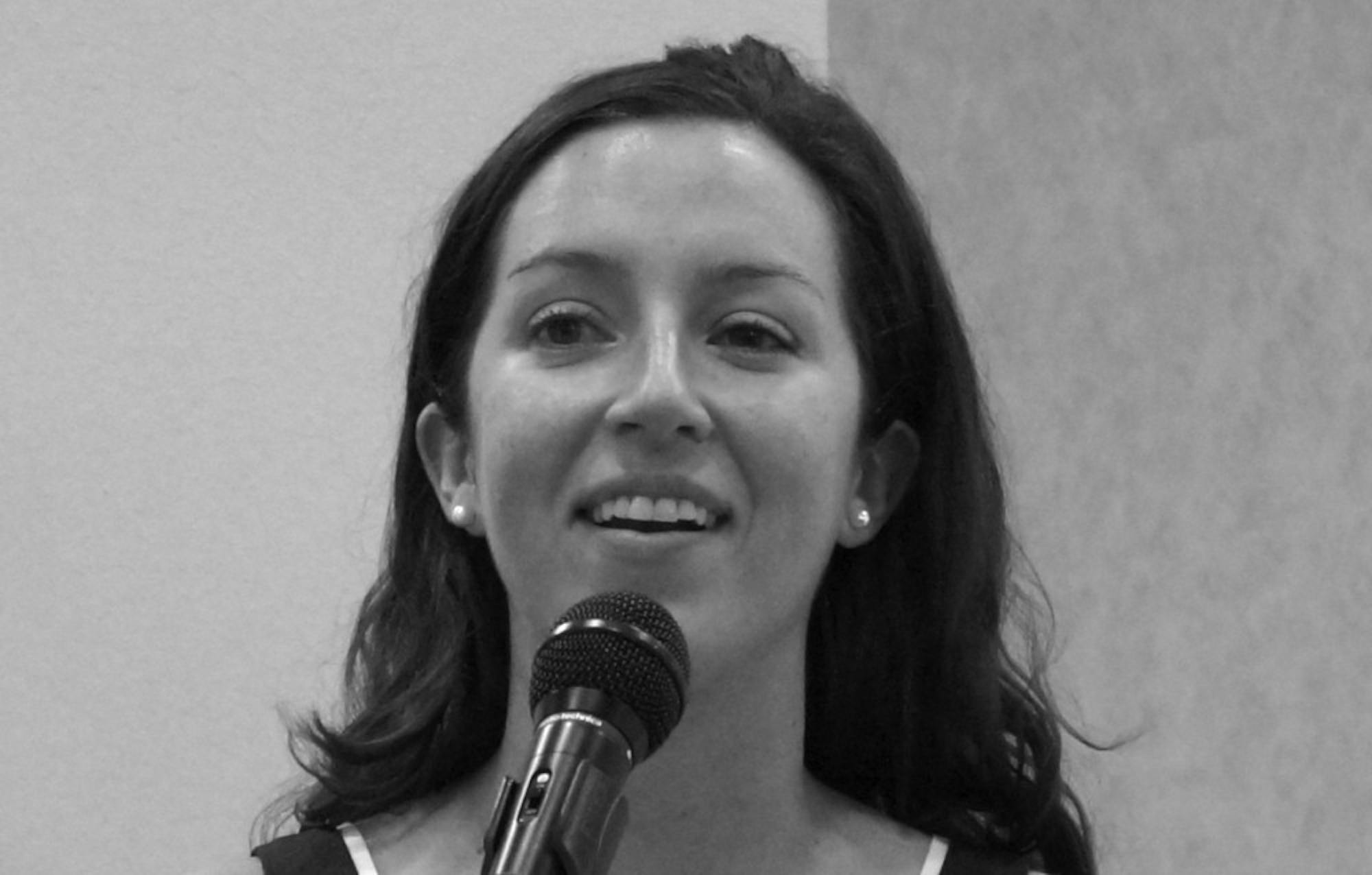
Author Alan Guebert and his daughter Mary Grace Foxwell, who graduated from Saint Mary’s in 2007, spoke in Rice Commons on Monday about their recently released memoir, “The Land of Milk and Uncle Honey.”
The book is a collection of memories gathered from Guebert’s stories and reflections written for his weekly “Farm and Food File” column, which has run in the South Bend Tribune and 70 other newspapers for more than 20 years, Foxwell said in an interview with The Observer last week.
Of his daughter, who co-wrote the memoir with him, Guebert said, “[The book] wouldn’t have happened without her. … She got the education here [at Saint Mary’s] that I wish I got.”
At the event, he recounted stories from his life growing up on his family farm, and also answered questions about farming in the U.S. and the trajectory of agriculture.
In his response to a question about the political demographic of the farming community in the United States today, Guebert took the opportunity to share some of his opinions on current policy issues affecting agriculture.
“No socioeconomic group is more defined than farmers,” he said. Guebert continued on to say the group overall falls within the policy preferences of the Republican Party.
Citing excessive waste, among other issues, Guebert stressed the importance of preserving the environment, in particular farms that produce our food.
“This is the stuff we eat, this is the stuff we breathe,” he said of farm produce, continuing on to express concern over the increasing use of pesticides in commercial farming as well as the inclusion of genetically-modified organisms (GMOs) in American food.
Guebert went on to compare European food culture with that of the U.S. In Europe, he said, food and community are closely intertwined, and meals present more of a family event than they do in the United States.
“You never hear the word community, you never hear the word family [about food in the U.S.],” he said.
In addition to the differing cultures surrounding food, Guebert also said that in the U.S. a disparity exists in the quality of food that members of different socioeconomic classes consume.
“The rich eat well, the poor eat poorly,” he said.
While those with means can afford to shop for organic, high-quality food at expensive high-end stores such as Whole Foods, the poor are left with options that are highly processed and which possess less nutrients, he said. Guebert argued that this contributes to the problem of health care in the U.S.
Guebert stressed the importance of movements to return agriculture to a culture of small-scale, family-owned farms instead farms owned and operated by large corporations to improve the quality of food in the United States.
“I remain hopeful. … What works? What we used to do.”













